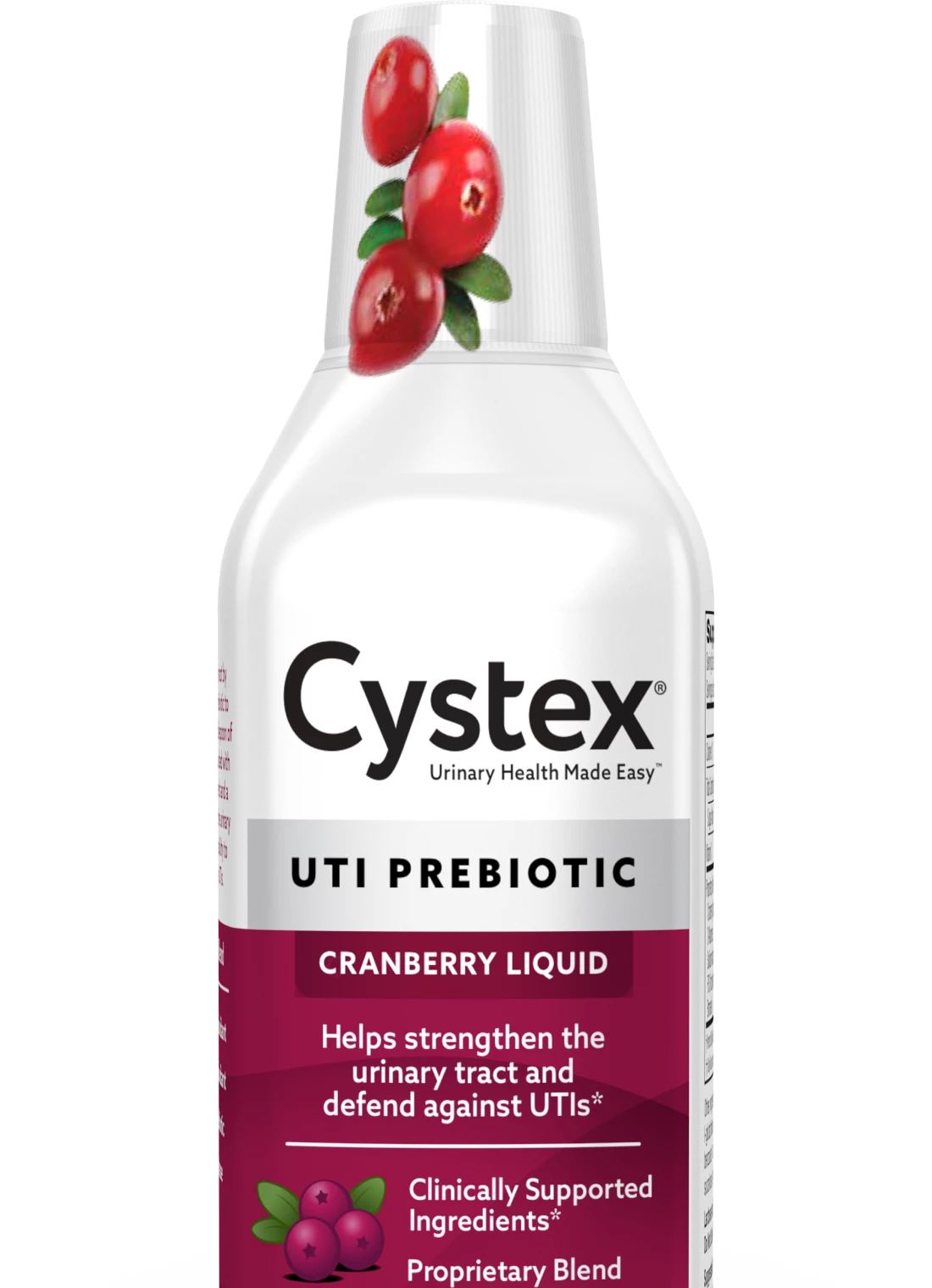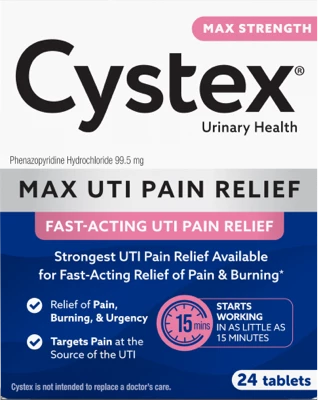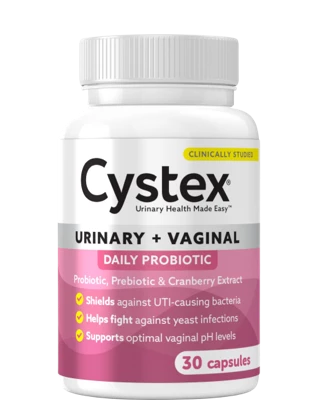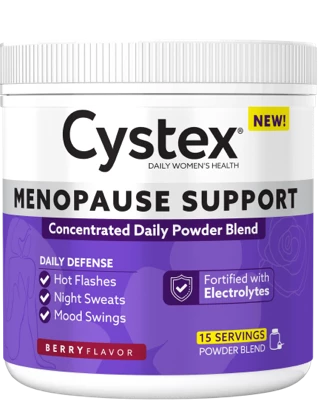UTIs
& Sex
Often known as “honeymoon cystitis,” increased sexual activity is one of the top reasons women contract urinary tract infections.
According to the medical journal American Family Physician (AFP) sexual intercourse three or more times per week, the use of certain types of contraceptives, and new or multiple sex partners are among the risk factors that can contribute to recurrent UTI infections (three or more UTIs within one year, or two or more within six months). If this happens to you, it is not necessarily because there’s something “wrong” with you. In fact, researchers writing in the AFP journal say “healthy women with normal urologic anatomy account for most patients who have recurrent UTIs.”
“healthy women with normal urologic anatomy account for most patients who have recurrent UTIs.”
The UTI-sex connection is not clear-cut because sexual activity, itself, does not directly cause a UTI, however, it can increase the introduction of bacteria into the urethra and cause irritation to that area. This, in effect, can increase the chances of developing a urinary tract infection (UTI), particularly among women who are more prone and whose urine stream isn’t typically strong enough to flush the bladder of this increased bacteria.
Can condoms cause a UTI?
Use of certain types of barrier contraception can also increase the risk. Women who frequently develop urinary tract infections (UTIs) after sexual intercourse reported using condoms, diaphragms or spermicides while engaging in sexual activity. A common belief amongst the urological community is that these barrier contraceptive methods irritate the sensitive tissue in the vaginal and genital areas in women who may be allergic. This irritated tissue then helps create an environment where bacteria can thrive.
The good news is, you don’t have to stop having sex to prevent UTIs.
Here are some steps you can take to minimize bacteria buildup and reduce your risk of getting UTIs from sex:
- Urinate before sex, and promptly after
- Clean your genital and anal areas before and after sex
- Stay hydrated and drink plenty of water; this will help rid your urinary tract of bacteria
- Don’t use a diaphragm or spermicide as your form of birth control
- If your doctor recommends it, take a prescribed antibiotic after you have sex, or a daily antibiotic
More tips
Help for recurring UTIs
If you do notice the symptoms of a urinary tract infection, seek UTI treatment from your doctor right away. Urinary tract infections are quite common, and unfortunately, getting one puts you at a greater risk of having more in the future. But taking care to minimize the bacteria that enters the urinary tract can help keep you safe from painful urinary tract infections.

Take at least one tablespoon daily to promote urinary health.*
Learn moreCystex Urinary Health Maintenance Prebiotic is formulated with multiple powerhouse urinary health ingredients including:
- Cranberry: anti-adherent, antioxidant*
- FOS (fructooligosaccharides): prebiotic*
- Vitamin C: antalkaline, antioxidant*
- D-Mannose: anti-adherent, prebiotic*
- Bromelain: anti-swelling agent*
*These statements have not been evaluated by the Food and Drug Administration. These products are not intended to diagnose, treat, cure or prevent any disease.
Source: http://www.everydayhealth.com/urinary-tract-infections/the-link-between-utis-and-sex.aspx










